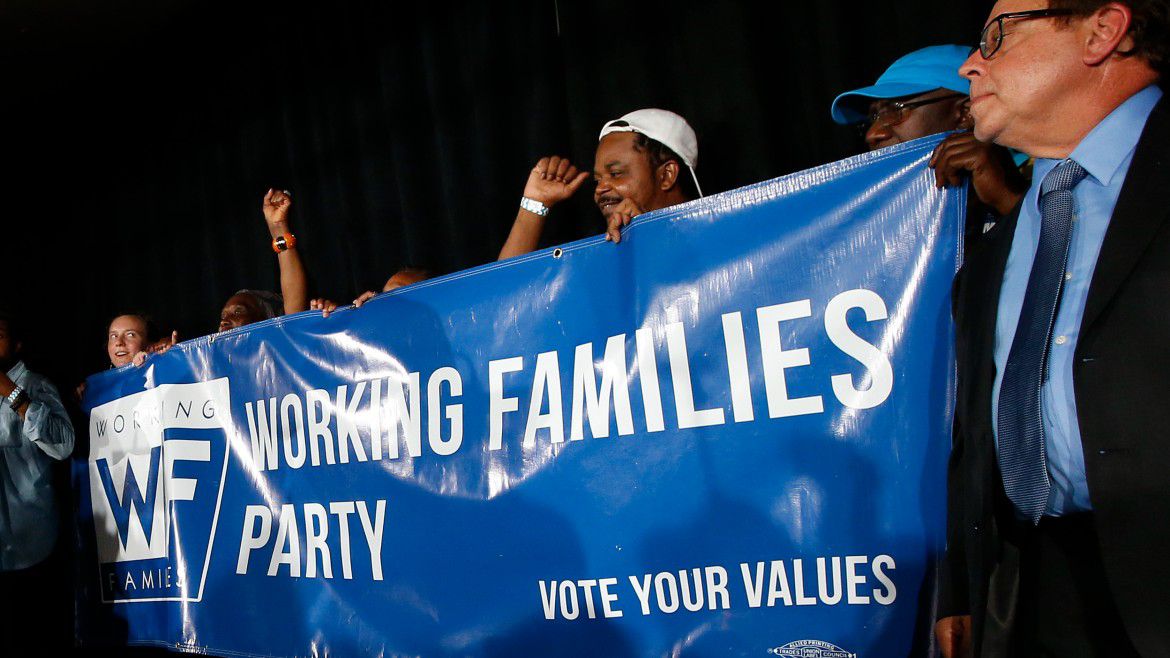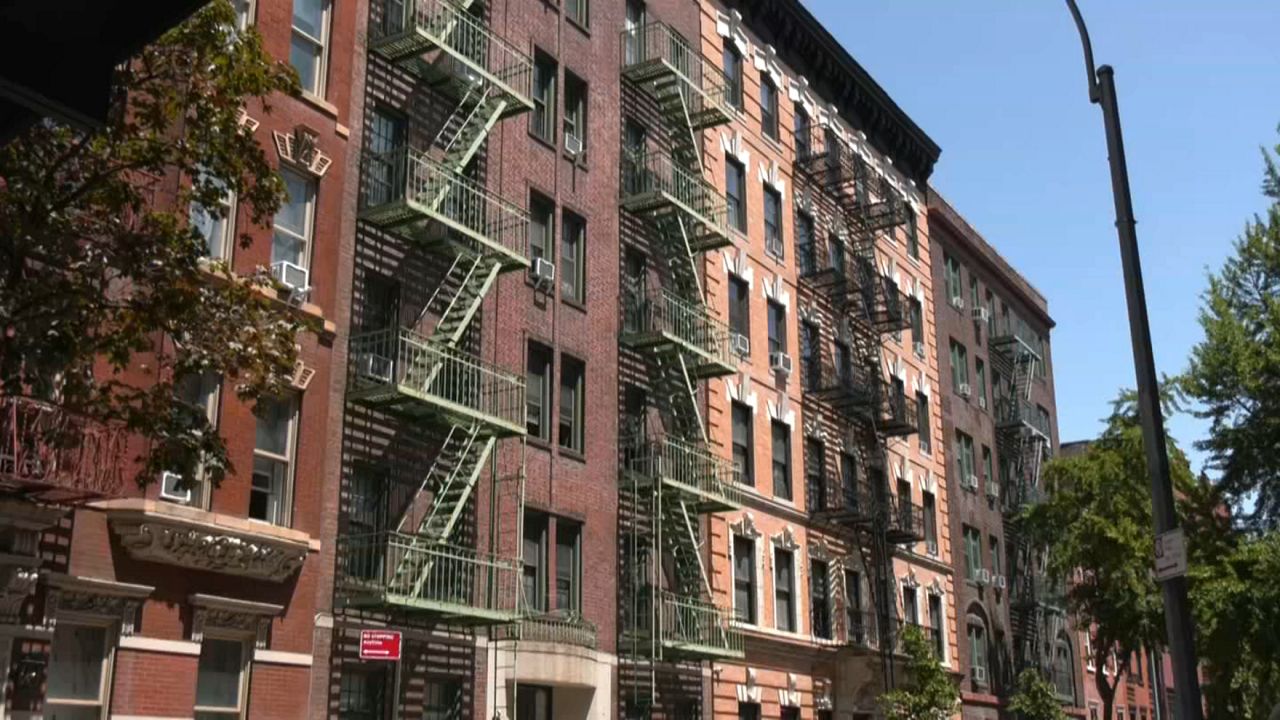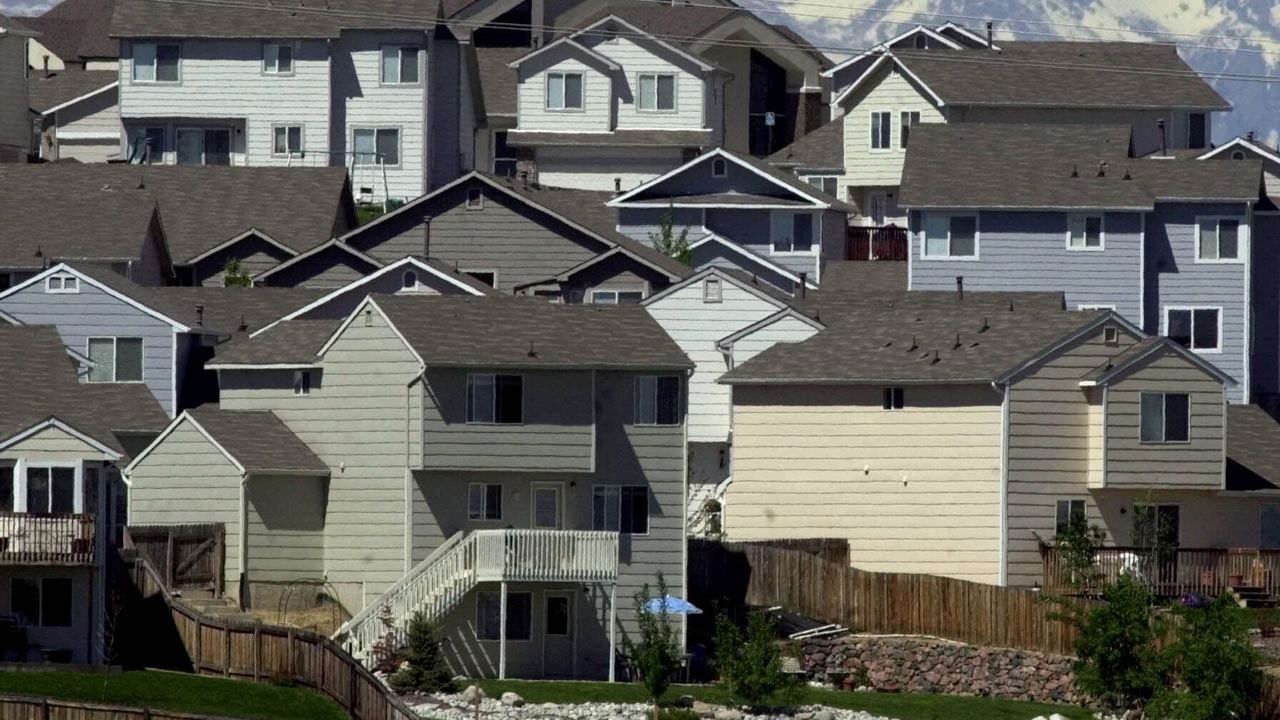Gov. Kathy Hochul’s ambitious housing proposal would create 800,000 new housing units over the next 10 years, if the state Legislature approves it. But there are plenty of moving parts, including the architecture of a new tax incentive for New York City developers.
RuthAnne Visnauskas, commissioner and CEO of New York State Homes and Community Renewal, the agency that will be overseeing the governor’s plan, told Capital Tonight that, while all localities will have targets to meet, it’s possible that some municipalities which have already built affordable housing and amended zoning regulations will be credited for work already completed.
“There are many places around the state that have already undertaken (work). I can think of New Rochelle and other places like that around the state that have actually done a lot of rezoning in the last couple of years and we want to make sure that we recognize that,” Visnauskas said.
- Hochul proposes $227B budget to boost school aid, health care and anti-crime efforts
- Analysis: Economic worries in New York budget background
While in her State of the State address, the governor impressed upon lawmakers how critical a replacement for 421a is to her NY Housing Compact, she opted not to float a replacement as she did last year with so-called “485w”.
“As we look forward, we anticipate that there will be a replacement program that gets approved that allows for that continued rental growth to happen in New York City,” Visnauskas said. “But I think the governor has said multiple times that we put forward a new proposal last year and the legislature didn’t really negotiate with us on it, so we are looking for them this year to come to the table and bring something that works for them.”
In her budget address, the governor additionally announced a proposed $250 million fund for water and sewer infrastructure, as well as $20 million for planning assistance – both will be helpful to rural upstate communities.
Other investments in Hochul’s executive budget include $39.8 million for lead paint abatement in rental properties in the 24 hardest hit localities in the state; and $85 million to help assist with basement apartment conversions; and tax incentives for accessory dwelling units (ADUs), multi-family affordable housing and home repairs.
Housing advocates like Cea Weaver, of Housing Justice for All, are especially disappointed with two issues: that there is no immediate remedy in the budget for tenants who are currently struggling to pay rent, and that the governor appears to be relying heavily on developers to implement her housing plan.
“This is a housing plan that prioritizes real estate developers and not working-class New Yorkers who are struggling to pay the rent right now. There is new data every day that shows rising rents are driving New Yorkers out of their homes and out of the state and that the private sector is responsible for creating this crisis. They are not going to be the ones to solve it,” said Cea Weaver of Housing Justice for All.
“We need really sensible and popular policies like Good Cause eviction and rental assistance that can keep people in their homes,” she said.










